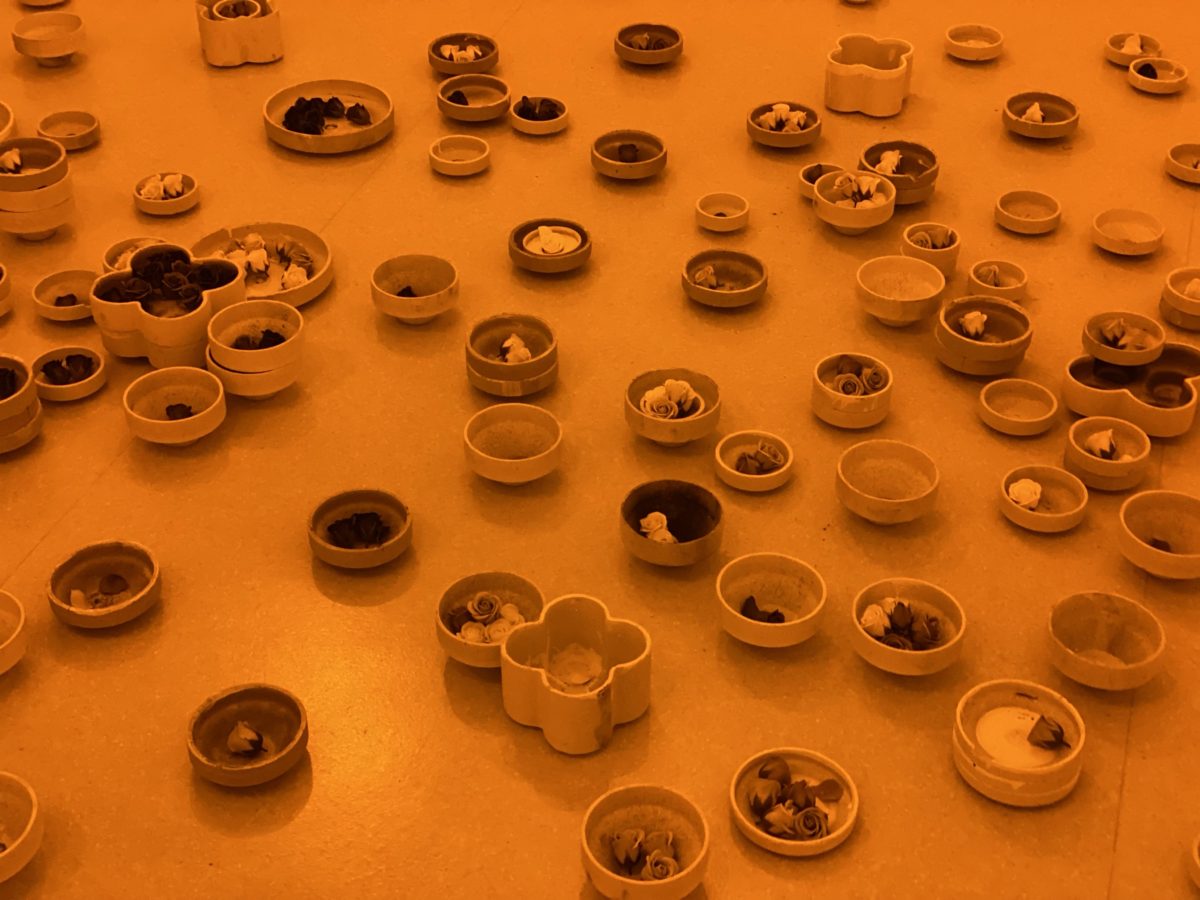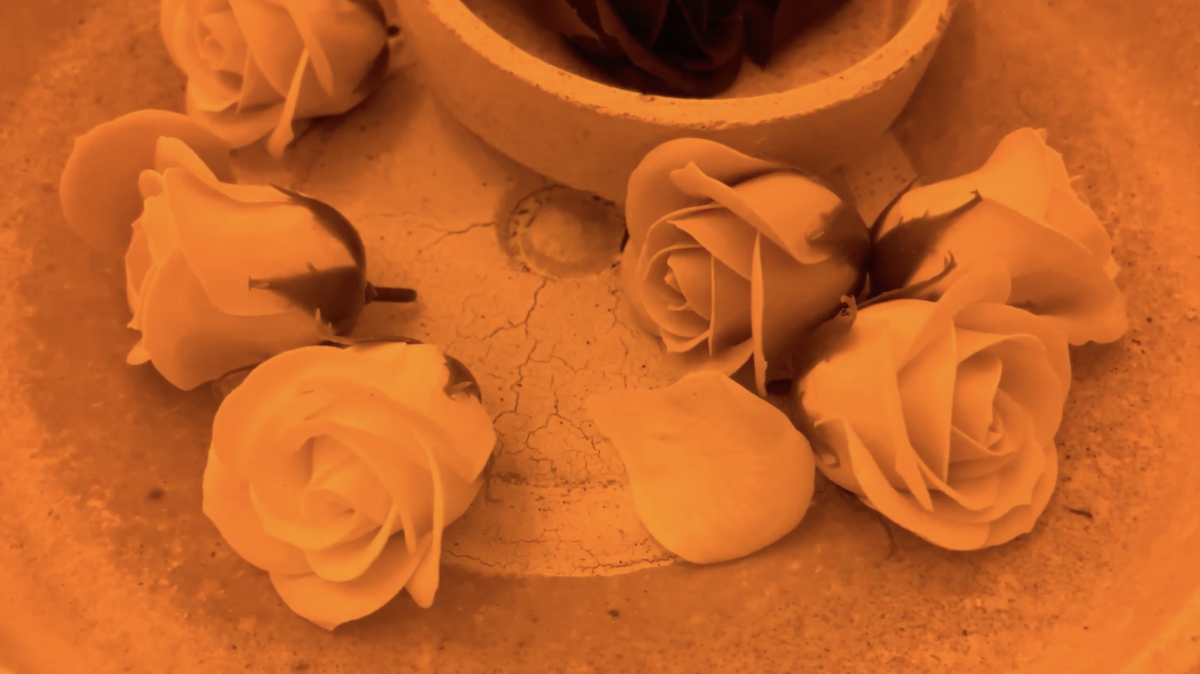いろ・しき
iroshiki
色が失われた世界のなかで、私たちが認識している世界の在り方を問いかけるインスタレーション
コンセプト
事物は認識したときに初めて実在する。量子力学の非実在性とその周辺に巻き起こった近代の世界の実在をめぐる議論には、4世紀にインドで 生まれた仏教哲学における唯識との共通点が見られる。
果たして世界は実在するのか、それとも空(くう)なのか。
色が失われた世界に、時折、色を認識できる光が差し込む。世界が認識 されたときに初めて実在するのだとすれば、我々がどう認識するかが世界の実在を支えているのかもしれない。
ぼしについて
古くから器の焼成時に降り注ぐ灰がかからないためや、同じ形状の器を積み上げて効率良くたくさんの陶器を焼くための容器。一般的に「サヤ、匣鉢」などと呼ばれ肥前地区では「ボシ」と呼ばれている。佐賀県嬉野市嬉野町吉田にある肥前吉田焼の産地をライトアップするイベント「吉田皿屋ひかりぼし」からお借りした。
同じ形状の焼き物を多く生産していた時代には必要不可欠だったものが、個性的なものを多品種小ロット生産する今の時代には不必要となり、活用方法が模索されている。

Project Title
いろ・しき
iroshiki
Category
Release Year
2022.11
Credit
- Technical Direction / 藤岡 定
- Technical Direction / 金スルギ
- Technical Direction / 井原 正裕
- Technical Direction / 田中喜作
- Technical Direction / 岩谷 成晃
- Art Direction / 村上ヒロシナンテ
- Art Direction / 須藤 史貴
- Project Management / 吉田 めぐみ
- Sound Design / 中村優一/invisi
- 美術協力 / 吉田皿屋ひかりぼし実行委員会
- 技術協力 / 石垣陽/電気通信大学
- 技術協力 / 株式会社洛明舎
- 企画協力 / 吉田ひかる
